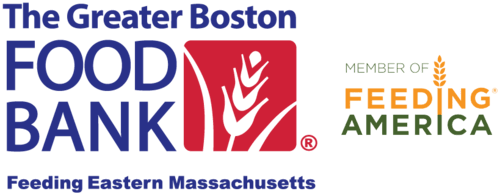State Opens Senior Assistance Office for SNAP
The Supplemental Nutrition Assistance Program (SNAP or formerly known as food stamps), a federal nutrition program that gives people food benefits to lower their grocery bill, is one resource that helps seniors facing economic and food insecurity.
Unfortunately, applying for SNAP can often be difficult for older adults. Program rules are complex, the state’s technological enhancements can be hard to use, and waiting an hour to speak with staff is not uncommon. Many seniors feel that navigating this process is not worth the effort.
To address the barriers for seniors accessing SNAP, the Department of Transitional Assistance (DTA), the state agency that administers SNAP, has opened a new Senior Assistance Office along with a new page on their website. The specialized unit is tasked with providing improved customer service and accessibility to older adults applying for benefits. The calls into this unit are answered by live workers, trained to work with older adults. The new phone number is: 1.833.712.8027.
The unit will also engage in outreach to the more than 100,000 likely-eligible seniors who are not participating in SNAP. The new DTA office opened in January 2018.
The Greater Boston Food Bank (GBFB) was part of a working group with DTA and other community partners to provide feedback on the Senior Assistance Office’s development.
Serving Seniors with SNAP
For seniors facing food insecurity, winter can be a particularly difficult time. Heating bills go up, making finances even tighter, and harsh weather conditions make it harder for seniors to access needed services.
Massachusetts has the second highest economic insecurity rate for adults 65 and older nationwide (behind only Mississippi). One-third of senior households live on less than $20,000 annually. Older adults living on limited, fixed incomes often make difficult tradeoffs between food, healthcare, and housing.
Cutting food intake or skipping meals can make seniors particularly vulnerable as inadequate nutrition is linked with poor health outcomes, which in turn increases medical costs.
SNAP improves food security, and recent studies also suggest that participation is associated with reduced hospitalization and lower healthcare costs.
In Massachusetts, however, more than 100,000 seniors living below the federal poverty line are estimated to be eligible, but not receiving SNAP benefits. This new DTA office is expected to help.
